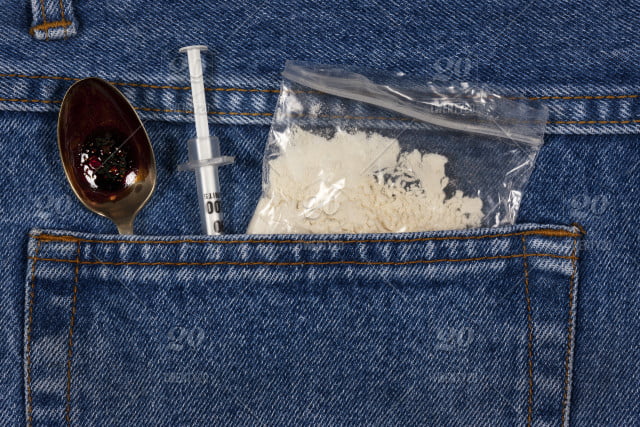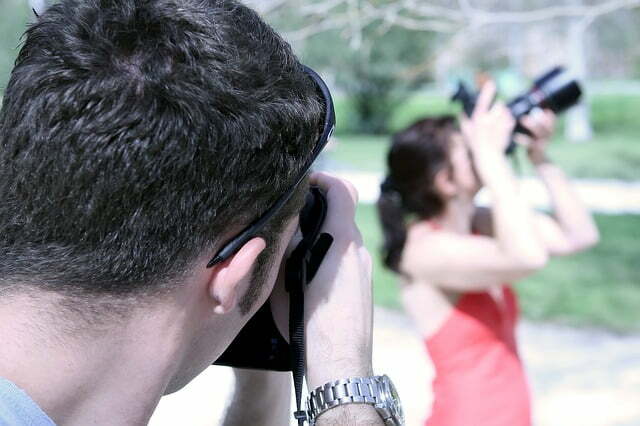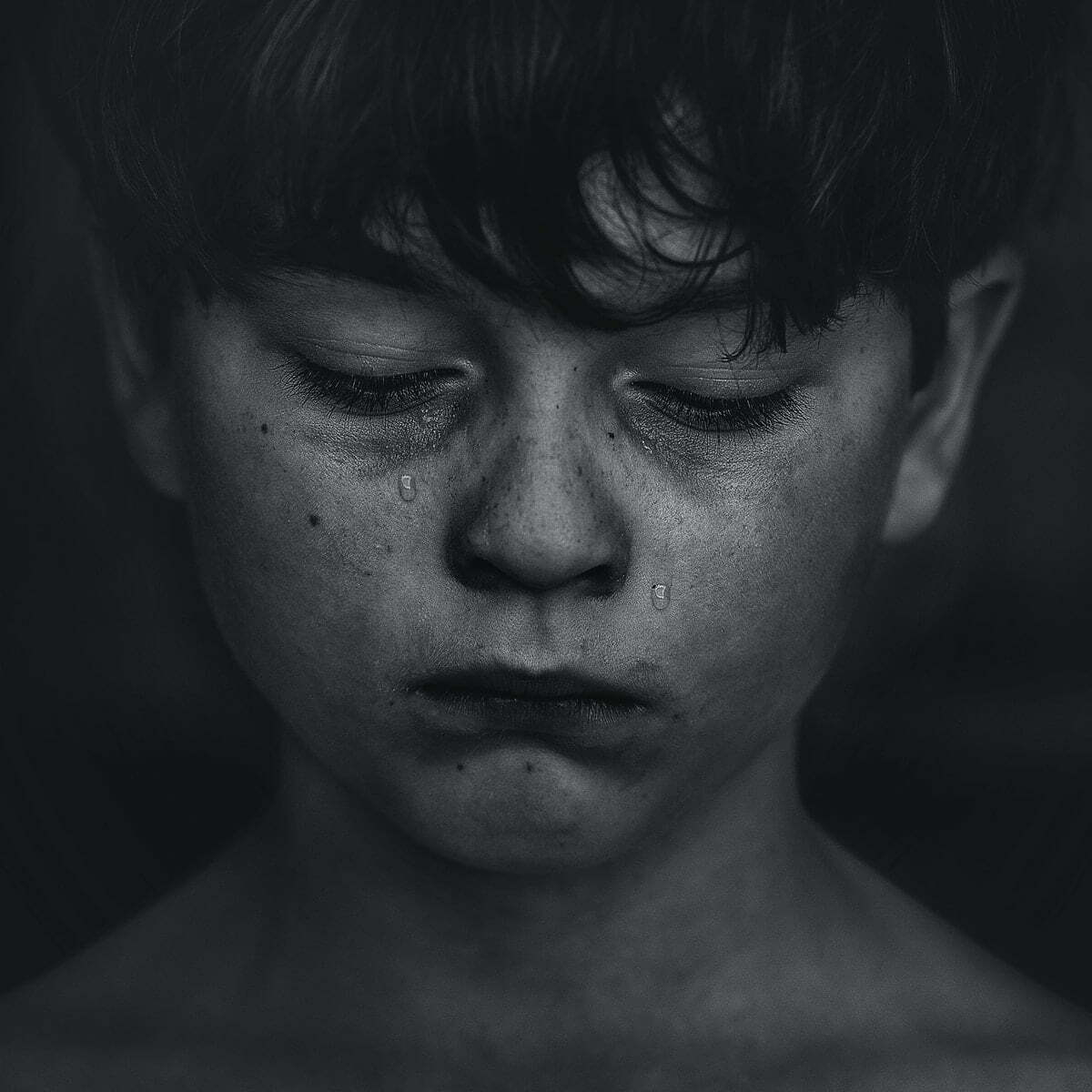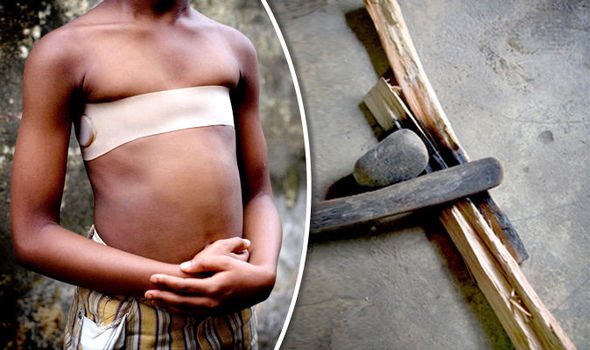‘Children in residential child care should be loved, happy, healthy, safe from harm and able to develop, thrive and fulfil their potential’ – OFSTED.
At the end of April the Independent Inquiry into child sexual abuse (IICSA), headed by Professor Alexis Jay, released an interim report. Within that report the inquiry stated that Children’s Home workers in England should be professionally registered in the same way social workers are. They raised concerns around the lack of registration for care home workers saying:
“children in residential settings are particularly vulnerable to sexual abuse by adults working in those settings who are responsible for their welfare. Yet the Inquiry has noted that there are no professional registration requirements in place for staff, other than social workers, working in children’s homes in England, unlike in Wales, Scotland and Northern Ireland”.
“The Inquiry is very concerned by the absence of professional registration for those working in care roles in children’s homes in England ‒ particularly as the original Care Standards Act 2000 provided the legislative basis for the registration of these staff””.
This statement from the inquiry needs to be put into context. We need to acknowledge that there are some hugely talented, inspirational, dedicated and professional people working in residential settings for children. Many in this sector offer a great deal of love and support to those children they care for, often under very difficult circumstances. It is always the minority that commit abuse.
However, residential homes are places of high risk, housing those who are most vulnerable to exploitation, criminality and abuse; children who require our best efforts to help protect them. Whilst managers and staff at care homes need and should expect the support of all professionals involved with a child they care for, we also have a duty to highlight and challenge those homes that are failing in their safeguarding role. We don’t think many people would argue against the fact that registration is likely to make the care system even more professional and safer.
Whilst we would welcome registration, we have a major problem with the Inquiry interim report. What concerns us is that when addressing the issue of ‘children’s homes’ the report makes no mention of non-regulated provisions known as “placements in accordance with other arrangements”, residential placements that cater for children 16 and over. Placements in ‘other arrangements’ do not fall within the Care Standards Act 2000 and are therefore not subject to inspection by Ofsted. We must acknowledge that this is only an interim report so only gives us a snapshot of what the end report may look like, but if unregulated homes are not covered, then this will be a huge oversight and will leave us pretty unimpressed by an inquiry process that has already been plagued by controversary.
Currently in London, there are approximately 110 Ofsted regulated children’s homes. Most of these homes provide a quality service to those children they care for, and if they don’t , they know they will have Ofsted breathing down their necks. The same does not apply to non-regulated homes. We know in London that there are at least three times the number of unregulated homes, than regulated provisions. Many of these homes deal with the most vulnerable children and young people in society. Those at risk of sexual and criminal exploitation, vulnerable to gangs, criminal networks and sexual predators.
Whilst many are providing an excellent service, we know of many cases where there have been serious safeguarding concerns and breaches. Some real horror stories. One of the issues is the fairly substantial financial incentive that is involved in residential child care. According to the National Audit Office, in 2014 the annual cost of a residential placement was £131,000 to £135,000. Where this type of money is concerned , there may well be temptation by some, to drop standards in favour of filling places. We have to acknowledge that like any other profession , there will be some ‘rogue trader’s in this area of residential provision for children.
For further information read our: Residential Care Factsheet – Part 1 (Children’s Homes & ‘other provisions’) PDF
You can also read the Interim Report of the Independent Inquiry into Child Sexual Abuse









